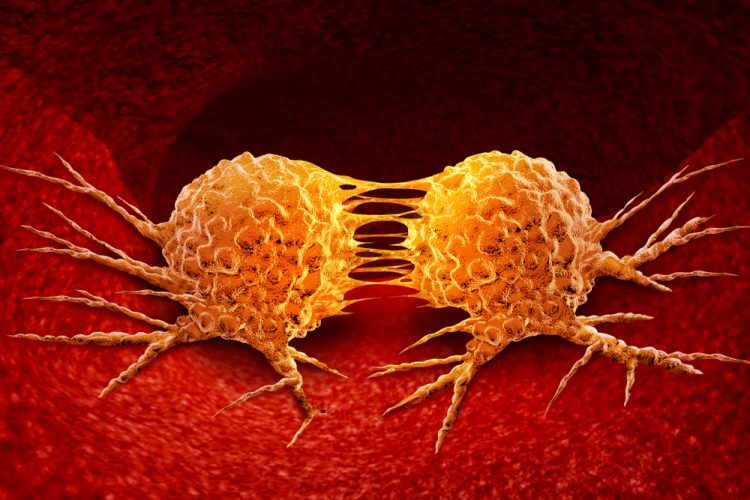Gene discovered to play key role in cancer metastasis
Posted: 15 July 2019 | Victoria Rees (Drug Target Review) | No comments yet
A study has identified a gene key in the spread of cancer, which could point to improving treatments for the condition, say the researchers.


Researchers have identified a gene which may play a significant role in cancer metastasis. According to the study authors, the discovery could lead to treatment developments for later-stage cancers.
The mEAK-7 gene was discovered by a team from the University of California’s LA School of Dentistry last year. The same group investigated mEAK-7 gene expression in normal and cancer cells.
When focusing on non-small cell lung cancer (NSCLC), they found that mEAK-7, which is important for cell proliferation and migration, was highly expressed in metastatic NSCLC. They also discovered that mEAK-7 was expressed in primary cancer cells but not expressed in non-cancerous cells, indicating that the protein could be a key part of cancer metastasis.
When combined with a large molecule called DNA-PKcs (which helps regulate DNA repair and controls or enhances cancer growth), the researchers also found that mEAK-7 created an alternative mTOR signalling pathway used by cancer cells for their growth and proliferation. In normal cells, two well-studied pathways are controlled by a gene called mTOR, which regulates normal cell growth, proliferation and survival.
development of mEAK-7 inhibitors may benefit patients with metastatic cancers
“This third complex or pathway is very important for cancer stem cells, which begin the process of colony formation and cell proliferation and lead to metastasis that is the leading cause of death in most cancers,” said Dr Paul Krebsbach, the lead researcher. “We determined that there are high mEAK-7 protein levels in the tumours and lymph nodes of metastatic cancer patients. Development of mEAK-7 inhibitors may benefit patients with metastatic cancers that demonstrate aberrant mTOR signalling associated with high levels of mEAK-7.”
The researchers, who also looked at these signalling molecules in cancer stem cells, determined that the third mTOR complex in cancer cells was made up of mTOR, mEAK-7 and DNA-PKcs.
“Understanding the molecular interactions of metastatic cancer is crucial to determining treatments for cancer at these later stages,” said Jin Koo Kim, co-author of the study. “Currently, treatments for solid tumours include surgery and radiation therapies. However, many patients relapse, as the target tumours develop resistance to radiation and other treatments. This study found that this resistance is correlated to higher mEAK-7 expression in cancer cells.”
The results were published in iScience.
Related topics
Drug Targets, Oncology, Research & Development
Related conditions
Cancer
Related organisations
University of California’s LA School of Dentistry
Related people
Dr Paul Krebsbach, Jin Koo Kim








